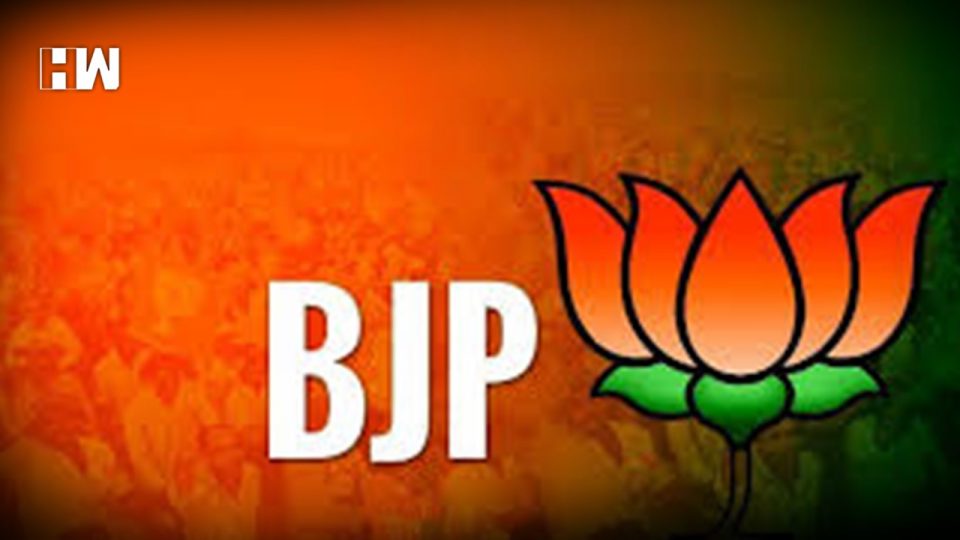Mumbai | The NDA government’s bill to provide 10 per cent reservation in jobs and education to economically backward sections of the general category will be passed in the Rajya Sabha despite the ruling dispensation not having adequate numbers in the Upper House, a BJP spokesperson said on Tuesday.
The bill was introduced by the government in Lok Sabha on Tuesday, the last day of the Winter Session of Parliament.
“This 10 per cent reservation is meant for upper castes alone who, as of now, do not have any reservation in education and jobs. Of this category, the Centre is offering reservation to economically weak people only,” said Vishwas Pathak, Maharashtra BJP spokesperson.
“It is true that we do not have enough numbers in the Rajya Sabha, but reservation for economically weaker sections has been a long pending demand. I am sure every political party will support it,” he said.
When asked about its implications on Maharashtra government’s decision to provide 16 per cent reservation to the Maratha community, Pathak said, “Marathas will not get any benefit of this 10 per cent provision because they are already covered under 16 per cent meant exclusively for them.”
He also said a recent statement by Maharashtra Chief Minister Devendra Fadnavis on reservations and their impact on getting jobs was “not exactly wrong”.
Fadnavis had recently stated that reservations did not necessarily mean everyone would get a job.
There is already a limited number of jobs available, he had said, adding that reservation could, hence, offer a psychological satisfaction alone.
“What the CM has said is not exactly wrong. The government is making efforts to create more jobs. There aren’t enough jobs available but the picture is changing and more opportunities for work will be available,” Pathak claimed.
The benefit of the Centre’s reservation announcement, when implemented, is likely to be availed by those whose annual income is below Rs. Eight lakh and have up to five acres of land.
As an independent media platform, we do not take advertisements from governments and corporate houses. It is you, our readers, who have supported us on our journey to do honest and unbiased journalism. Please contribute, so that we can continue to do the same in future.

